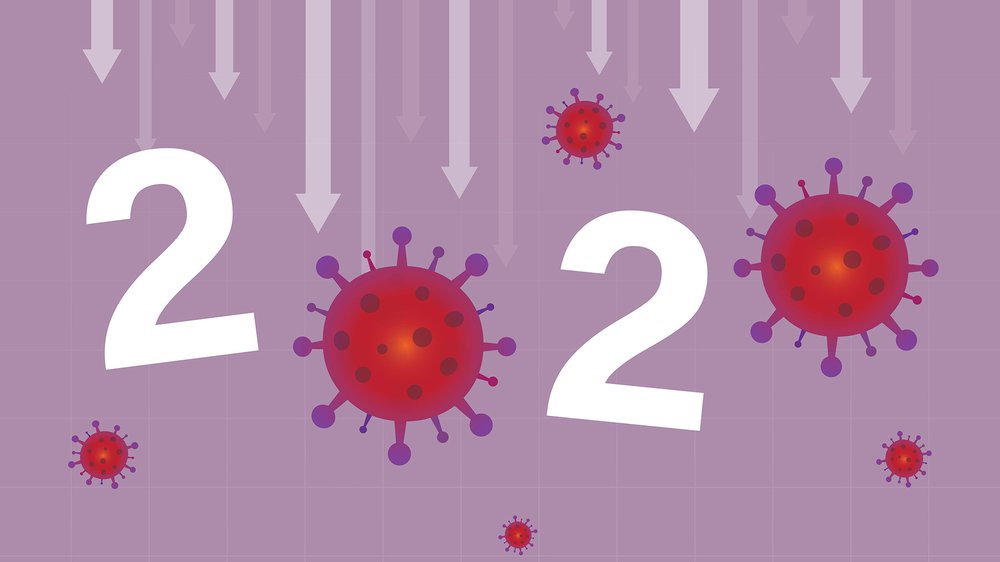Question Your World: What Were Some Interesting 2020 Science Moments?
2020 was certainly an unusual year here on Earth. The planet was basically put on pause as the pandemic impacted more and more communities throughout the year. This obviously had a big impact on the news everywhere.
The coronavirus pandemic, calls for racial justice and the presidential election dominated the news landscape of 2020, but let’s not forget that science contributed a lot of new knowledge this year by asking some pretty interesting questions. To end the year, here's a recap of some of the Science Deep Cuts as reported on our Question Your World series all year long.
What's the actual average human body temperature? In the 1800’s a physician deemed it was 98.6 degrees fahrenheit, but in recent studies, including one this year, scientists observed a much lower number. So, do we need to potentially rethink fevers? Stay tuned as things heat up on this topic in the near future!
Another good question: Are there any species left to discover? Gosh, are there! There were hundreds of species discovered this year.

Among them a new endangered monkey, some new frogs, salamanders and snakes. Scientists even got photo, audio and environmental samples of a never before documented whale! Scientists also learned some new things about known species. For example, we learned something remarkable about the Cuvier’s beaked whale, known for being a rarely sighted sea creature and for its long dives to deep water habitats. A research team documented a dive that lasted 222 minutes on just one breath. WHOA! A friendly reminder there are lots of species left to discover out there and a ton left to learn about the ones we have documented, too.
Probably one of the weirdest but coolest questions asked all year was “What happens if we paint eyes on the butts of grazing cows?”
Farmers in southern Africa were seeing their cattle regularly get killed by nearby predators such as lions. However, by painting eyes on the backsides of these cows, scientists observed predators were no longer attacking because they thought they had been seen by those painted eyes and thus abandoned the hunt. This research is not only helping these farmers retain their precious cattle, but it's also helping neuroscientists better understand the importance of eye contact among mammals. They're still working on getting to the bottom of everything!
In addition to those stories, we also had news about murder hornets, history-making space launches, climate change developments, brain related discoveries and that millions of us - for the first time - used communications technology like Zoom to have important work meetings, attend doctor’s appointments and to simply gossip.
Each year is truly unique, but 2020 was something else, folks. From all of us to all of you, have a healthy, safe and happy new year! The work of questioning our world and making new discoveries will continue next year. Please stay tuned and we'll keep you posted on all the interesting, cool, weird and breaking science news. It's what we do!
The Museum is hard at work helping you to discover your world despite dramatically reduced financial resources. If you'd like to help us continue this work, click here to learn how.


